Like A Dog Chasing Food Trucks
April 20, 2016 in Daily Bulletin
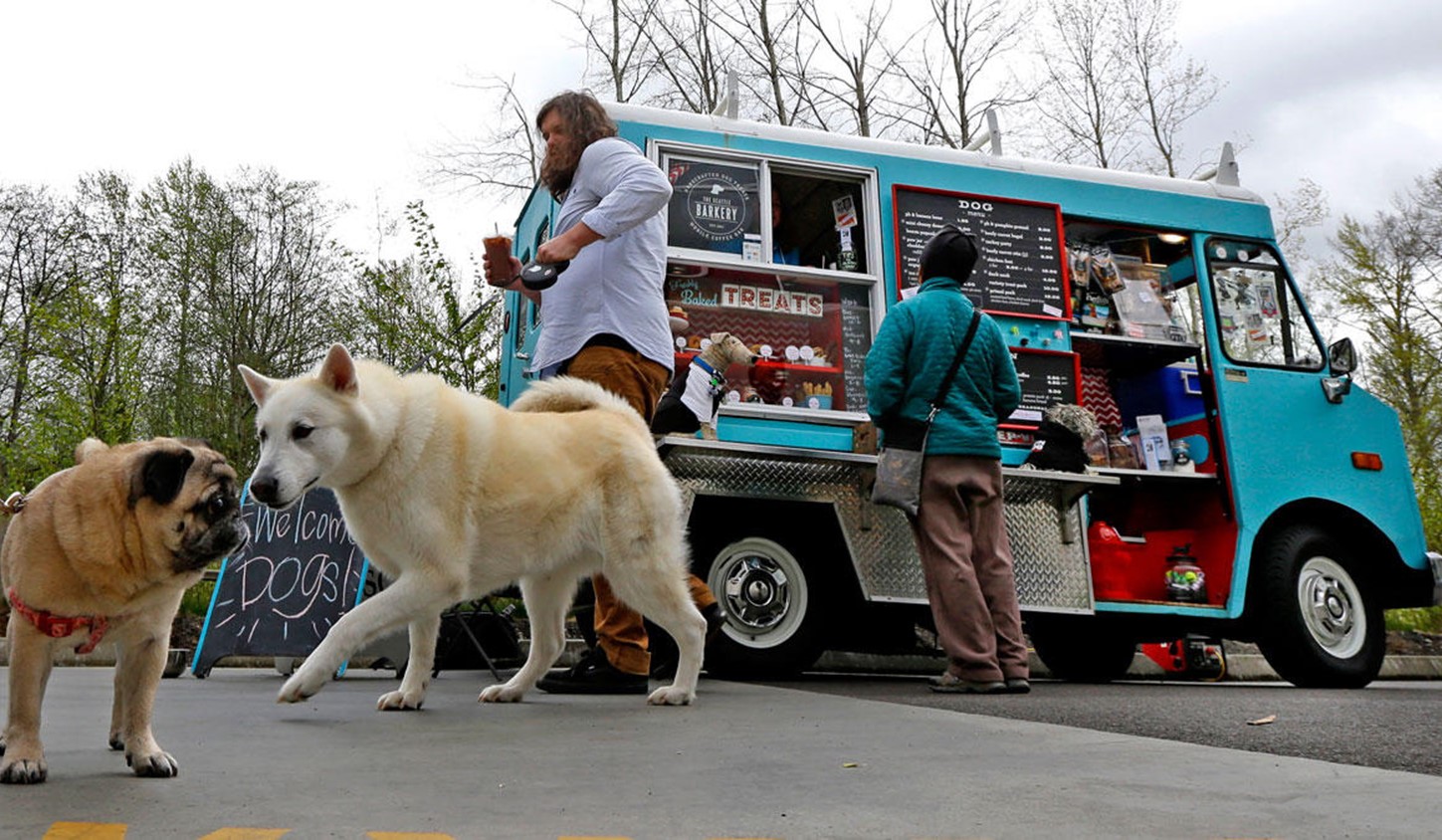
Manual Valdes wrote about the latest innovation in the world of food trucks:
- The Seattle Barkery caters to the dog loving people of Seattle.
- The brightly coloured food trucks offers “pupcakes”, air-fried chicken feet, and peanut butter banana cookies.
- Some confused humans have tried buying some of the food for themselves and have been a little…surprised by the result.
- There’s probably little need for heavy advertizing. Once a dog gets their first taste they’re likely to make a dash for the truck the next time they detect its presence.
Read more here. And read about other Pet Perks that Centives has covered in the past here.
Source: AP
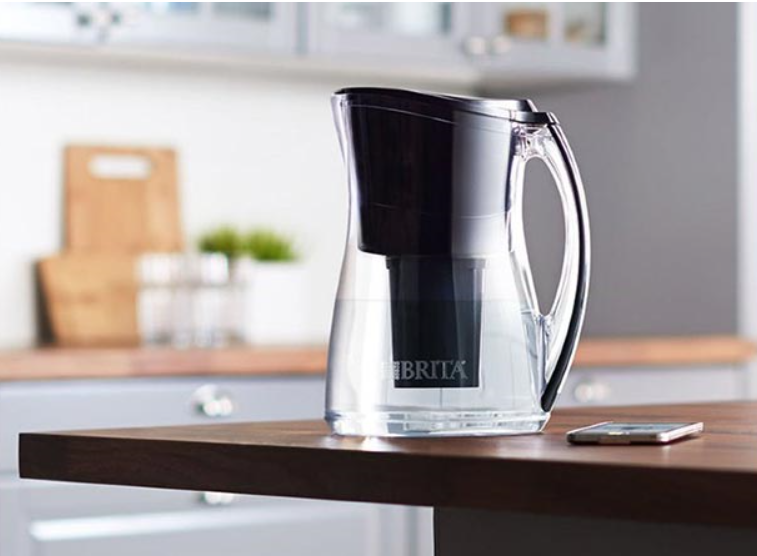
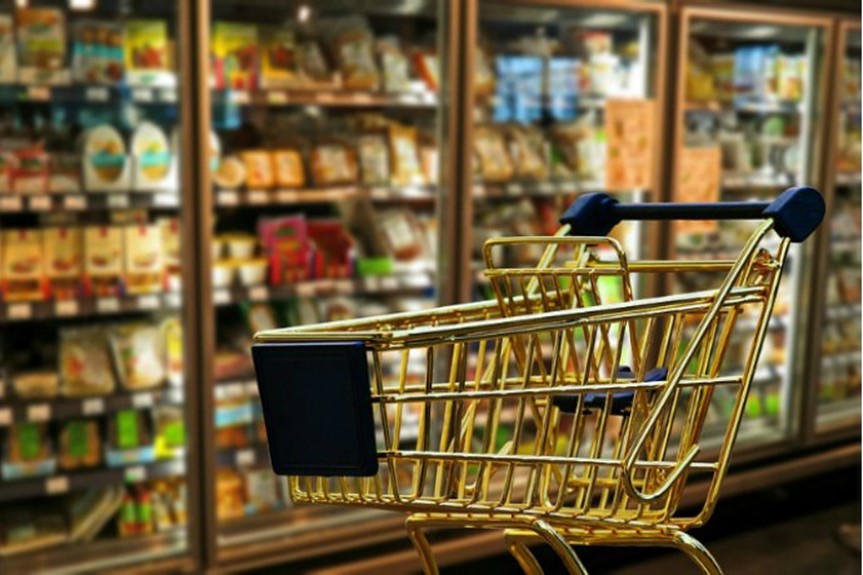
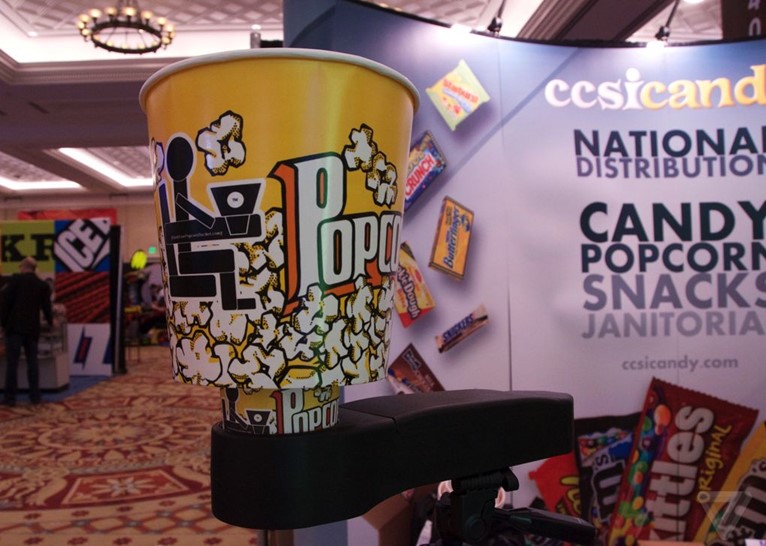


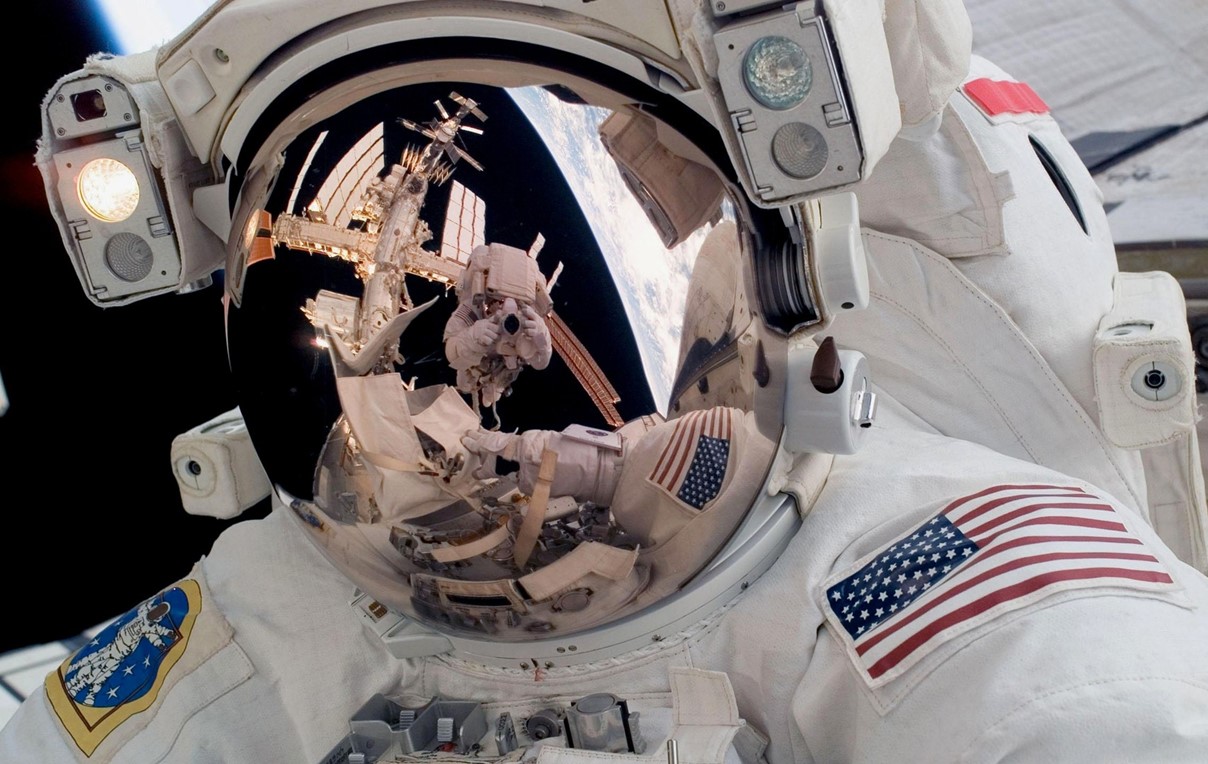



Join the Discussion! (No Signup Required)